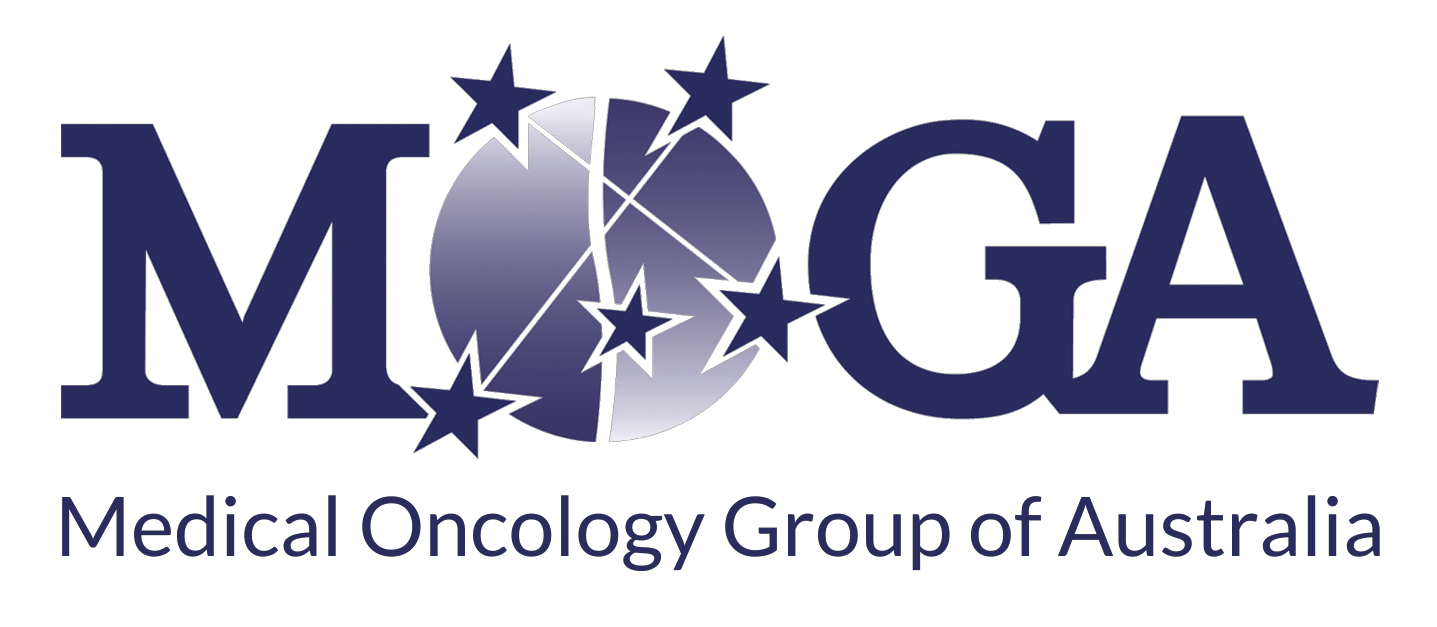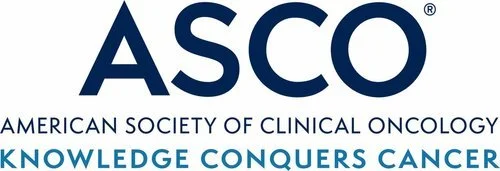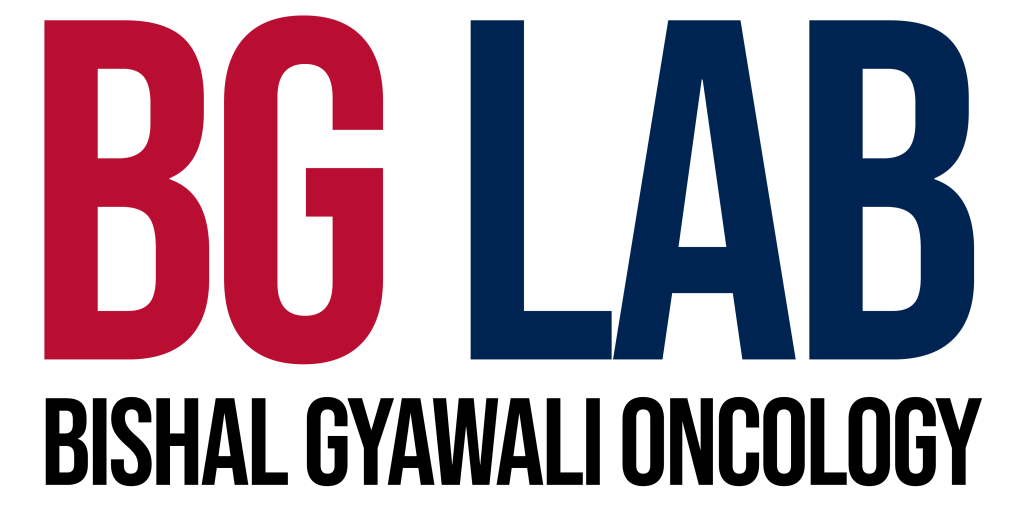
ONCOLOGY POSITIONS VACANT
View and apply for the latest oncology positions online.
Advertisers: Submit an advertisement for a medical oncology vacant position via moga@moga.org.au
get involved
There are many ways for members to get involved in supporting our work and help us in shaping the future of the Australian Medical Oncology profession.
Sign up to be an expert
Use your clinical and research expertise to support policy, advocacy and lobbying activities on behalf of our profession
JOIN A COMMITTEE
Exercise your team and leadership skills by chairing or sitting on a Committee for Education Programs, Medical Ethics and others
become a member
We are only as strong as our members and when we work together as a profession - explore the many benefits of MOGA membership





